|
On the heels of the 149th birthday of Paul Laurence Dunbar, it seemed timely to share some of his pivotal works. His short life of 33 years spanned from June 27, 1872- February 6, 1906. He came into the world just after the end of physical slavery in 1863. Most popularly known for his poetry, he also wrote short stories, novels and a play. Book List of Paul Laurence DunbarUnder the restrictive rubric of American standard English, Dunbar’s poetry could be mislabeled as merely “broken English” or “slang.” In his time, it was referred to as “dialect” poetry that reflected the everyday Black person's language, inflection, and remixing of American English. Upon further analysis, Dunbar’s poetry combines thoughts and emotions as if a budding seed that resides in the heart rather than generated solely in the head. At the surface level and measured from the “Standard English” barometer, his poetry easily fits the “Yessa Massa” stereotype and is in violation of established rules and regulations of subject verb agreement, word order and tense, for example. However, if creative expression, earnest delivery, and authentic documentation is the focus, the gold medal must be given to the unique and authoritative works of Paul Lawrence Dunbar. There’s always more to a person’s life than meets the eye. I’m glad to revisit and research the literature of our Ancestor’s with a more sensitive eye. Upon first reading, we may assume that the writer was not able to speak standard English. After all, the enslaved were forbidden to learn how to read, and he was born just 9 years after the signing of the Emancipation Proclamation, what could really be expected due to such trying circumstances. But due to the strong will of his mother, Dunbar went to high school and later to Howard University. Unfortunately, his father died when Dunbar was only 13 years old he left a strong impact on his life after learning that he escaped from slavery and volunteered to fight in the Civil War. His parents separated Dunbar was criticized by some leaders who expressed concern that broken English would play into stereotypes Black people were trying to rise above. I can certainly understand this point of view. However, reflecting from 100+ years later, it is important to have captured this authentic glimpse into life as it was and to find the beauty and poetic nature in it. Here’s an example of Dunbar’s poem, "Itching Heels" from his book, "When Malindy Sings." I’ve “translated” it into standard English (see Table 1). When comparing each stanza in its original and translated versions, the original expression feels more filled with a spirit like none other. It reminds me of my grandparents who were from Arkansas. It is similar in tone to how they spoke, and whenever I think of them, nothing but love and hugs come to mind. Telling a story is more than just words delivered in an acceptable format. Dunbar’s rendition captures the times and the relaxed mode our ancestors were in when speaking to each other. If you review your own speech and compare the word selection when speaking to your parents or family members with those selected when interviewing for a job, you are sure to notice a difference. Not good, nor bad, just different. That seems to be the intention of Dunbar’s rendition. And may I add that reading the original forces the mind to do some actual work. It is like working a crossword puzzle and you have to fill in the blanks. As you work through it, there’s a sense of accomplishment when figuring it out. Once the words become familiar, there is now a connection to the past that opens the door to further understanding. On first glance, this may not be obvious, but this is a beautiful gift Dunbar gives by preserving this form of our Ancestral lineage. It’s hard to imagine how the enslaved made it through the pain and agony of the time. It leads me to become even more proud that in spite of the lack of resources given and in the face of the most heinous acts against humanity, our ancestors created a unique mode of expression of what was given. This is sheer brilliance in my book. Here is a video called, “Jonathan Douglass sings Seven African Romances & Song to the Dark Virgin.” Dunbar’s poetry is set to music by Samuel Colerige-Taylor, an African American musician.. In light of the current pandemic starting in 2019, it is haunting to read his, “We Wear the Mask.” It rings true all these years later though he was talking about the mask worn before the pandemic. From the Poetry Foundation, reproduced here: We Wear the Mask BY PAUL LAURENCE DUNBAR\ We wear the mask that grins and lies, It hides our cheeks and shades our eyes,-- This debt we pay to human guile; With torn and bleeding hearts we smile, And mouth with myriad subtleties. Why should the world be over-wise, In counting all our tears and sighs? Nay, let them only see us, while We wear the mask. We smile, but, O great Christ, our cries To thee from tortured souls arise. We sing, but oh the clay is vile Beneath our feet, and long the mile; But let the world dream otherwise, We wear the mask! I found this performance of on of his poems done in “dialect” called, “In the Morning” performed by Oni Lasana . It is quite a different experience to listen to his poetry than to read it. It almost should be a requirement for proper introduction to his works. SummaryDunbar's hindsight is supreme. His "dialect" poetry documents our ideas in their original form. The enslaved can not be accused of having no written historical record thanks in part to his works. When we add our own voices as historians and archivists, we are left with a more comprehensive understanding of our journey through. The unique way we express ourselves is a part of our cultural identity. Defining all the expressions of us adds value in distinguishing our glorious contributions to the world. As always, I appreciate that you have read through this blog post. I hope that you’ve become curious to find out more and do your own research. We ask that you consider purchasing your books from our Black owned business, Afriware Books, Co. If there is a title you’d like to purchase that is not mentioned here, or could not be found on the website, feel free to email us at: [email protected] Blog NotesWikipedia on Paul Laurence Dunbar
Documentary on Paul Laurence Dunbar Books/videos mentioned in this Blog post Comments are closed.
|
AUDIOBOOKSMERCHGIFTSjoin email listACADEMIC BOOKSblog Author/
|
- Store
- Blog
- AUDIO BOOKS
- EBOOKS
- SEARCH
- Welcome
- GoFundMe
- TUCC
- Events
- READING GUIDE
- AUTHOR INFORMATION
- ARTIST BIO/PRICE
- NNEDI OKORAFOR BOOKS
- PODCAST
- LARUE'S HAND IN CLAY
- About Us
- FREQUENTLY ASKED QUESTIONS
- BOOK FAIR /SCHOOLS / CLUBS
- Photo Gallery
- EJP BOOK DRIVE
- Videos
- Newsletter/Articles
- Archives
- External Links
- Afriware Statement on COVID-19
- GREATER LAKES
- Afriware Merchandise
- AFFILIATE INFO
- SEBRON GRANT ART DESIGNS
- Mother's Day Bundles
- CARTOON
- ROBOTS
- STEM
AFRIWARE BOOKS CO. A COMMUNITY BOOKSTORE SERVING:
|
|
Melrose Park, IL
|
|
,AFRIWARE BOOKS, CO,
1033 SOUTH BOULEVARD, OAK PARK, IL 60302 708-223-8081 ONLINE SUPPORT: Thurs-Fri. 4-6pm Sat. 12-2pm, IN PERSON EVENTS: afriwarebooks.com/events |
Want to try a great website builder, try Weebly at: https://www.weebly.com/r/9SAD4V

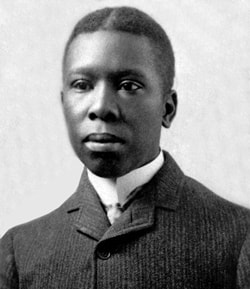
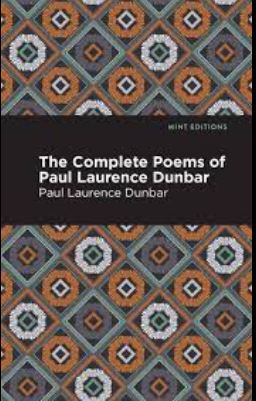
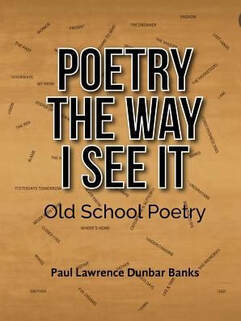
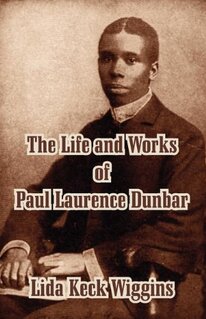
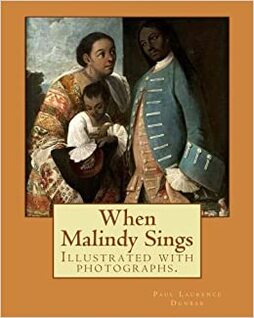
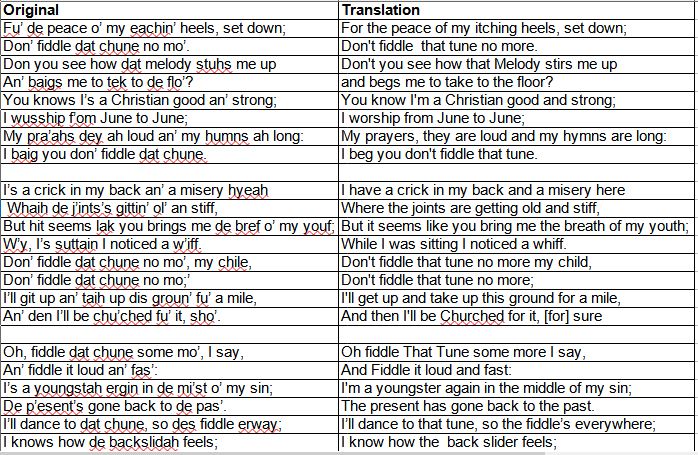
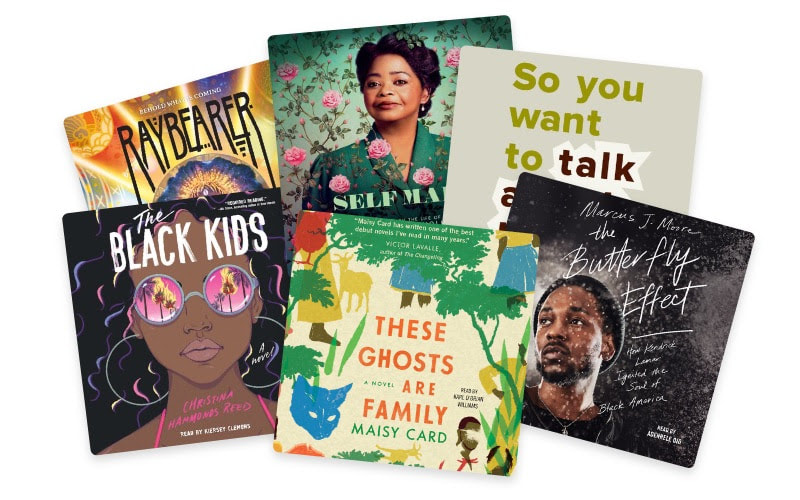




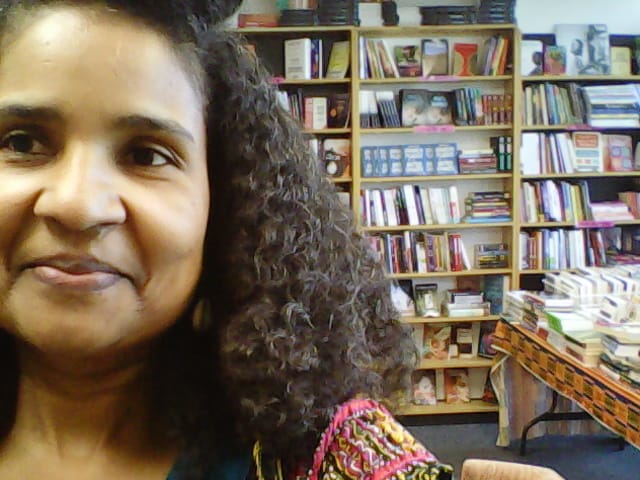
 RSS Feed
RSS Feed


